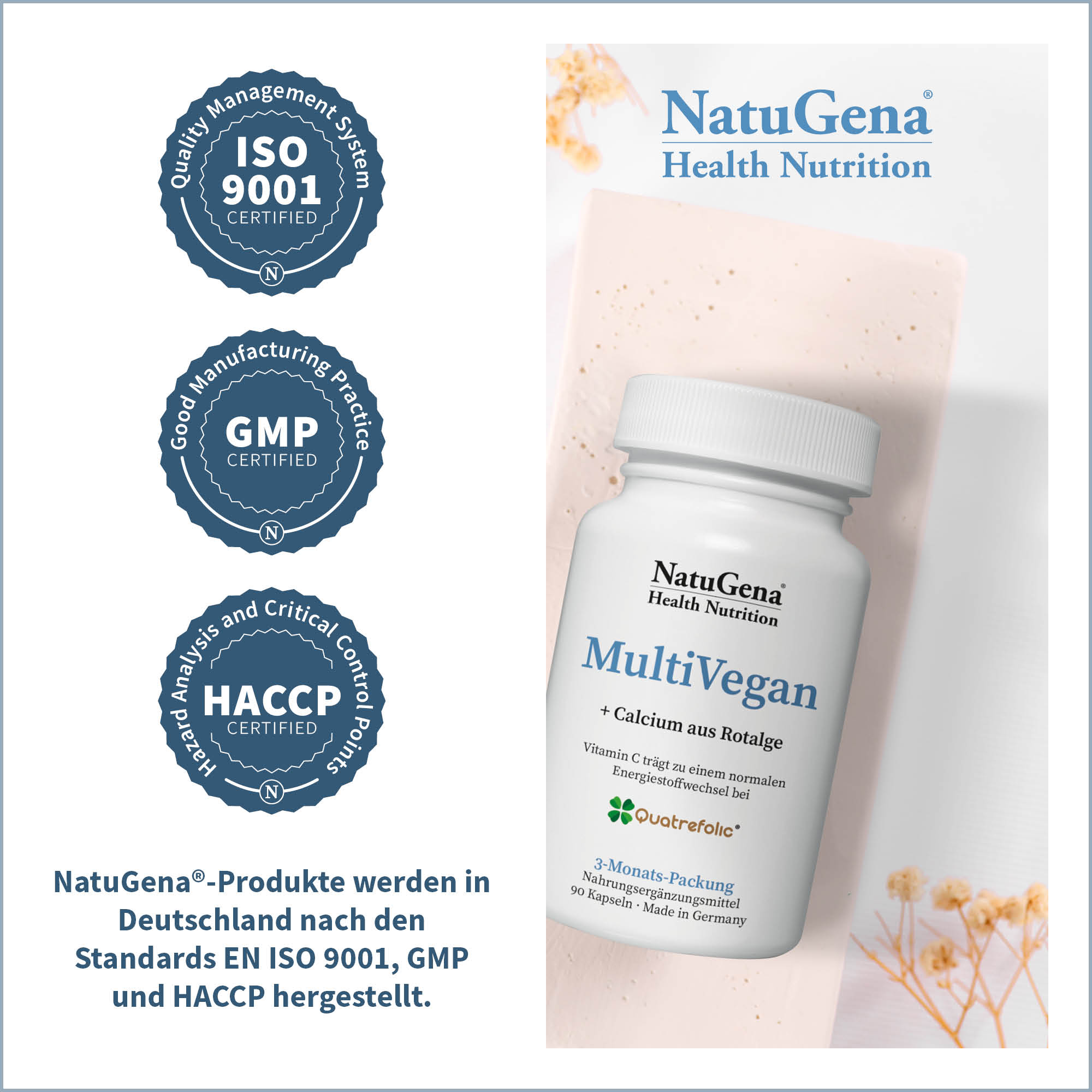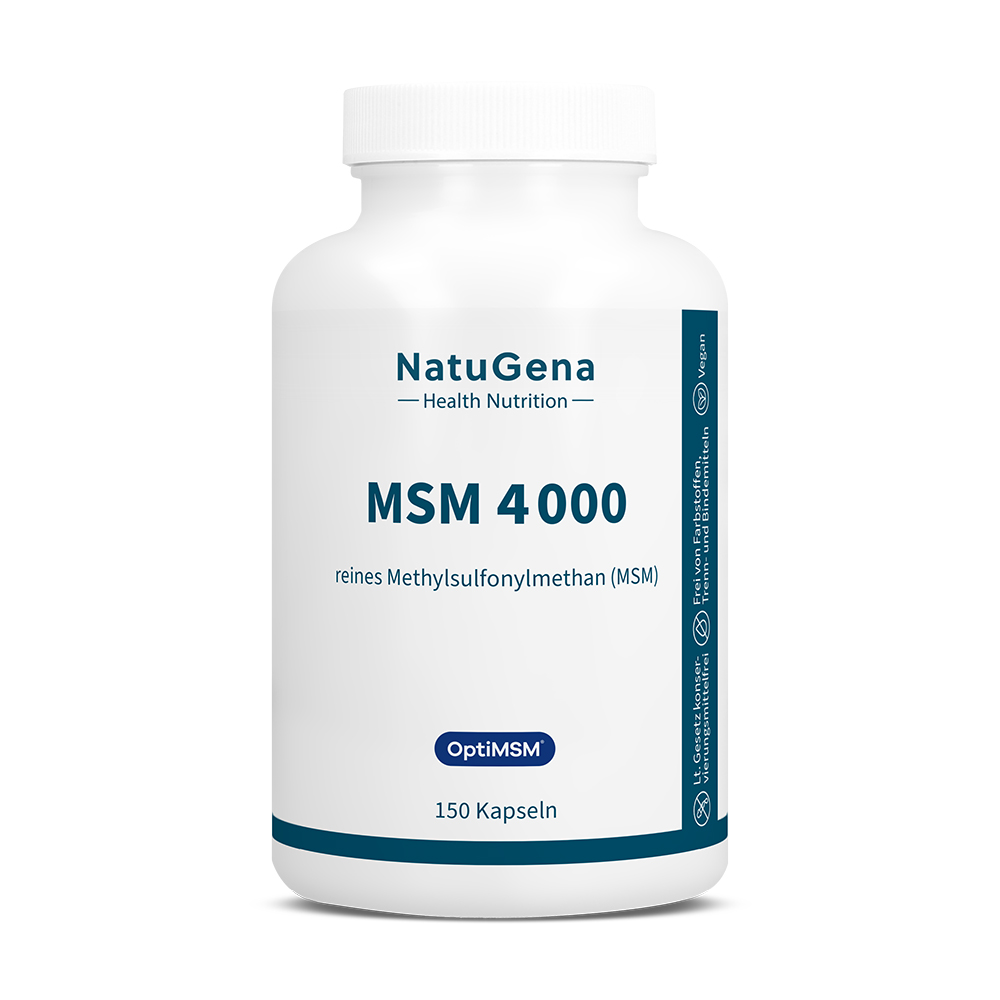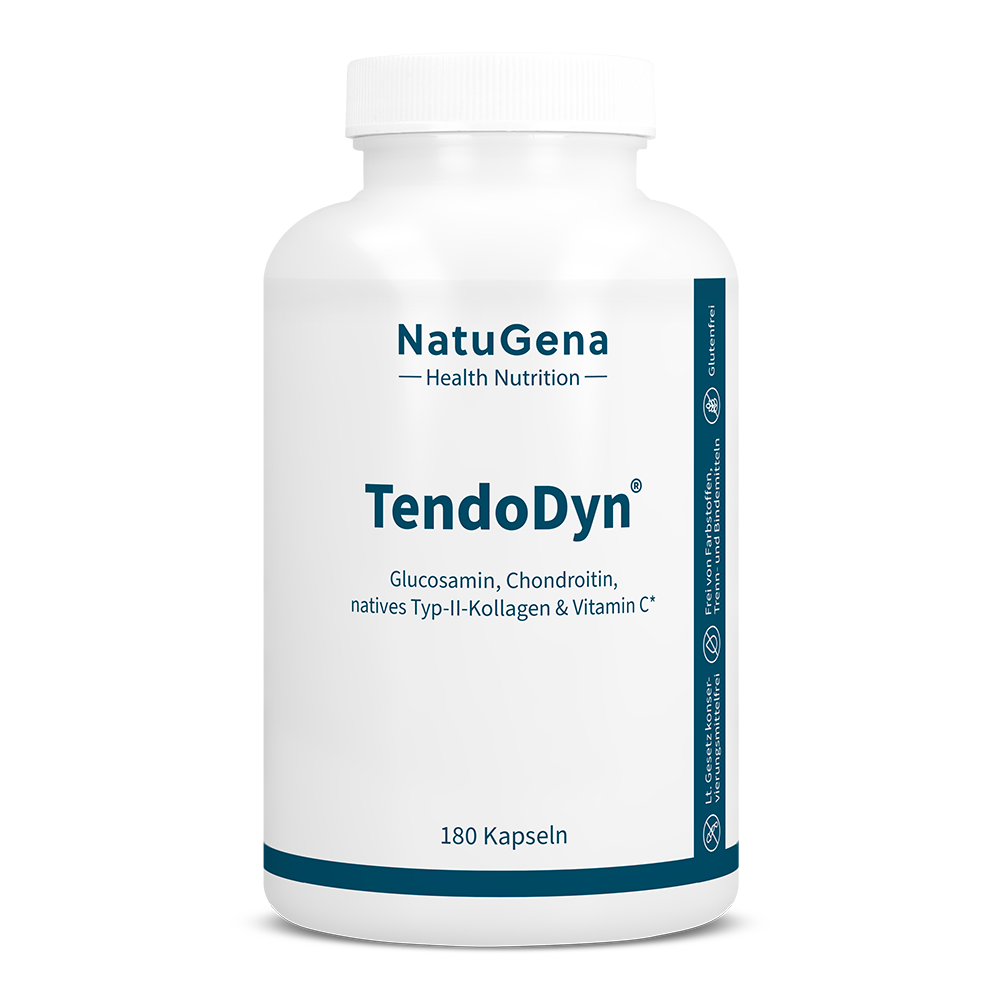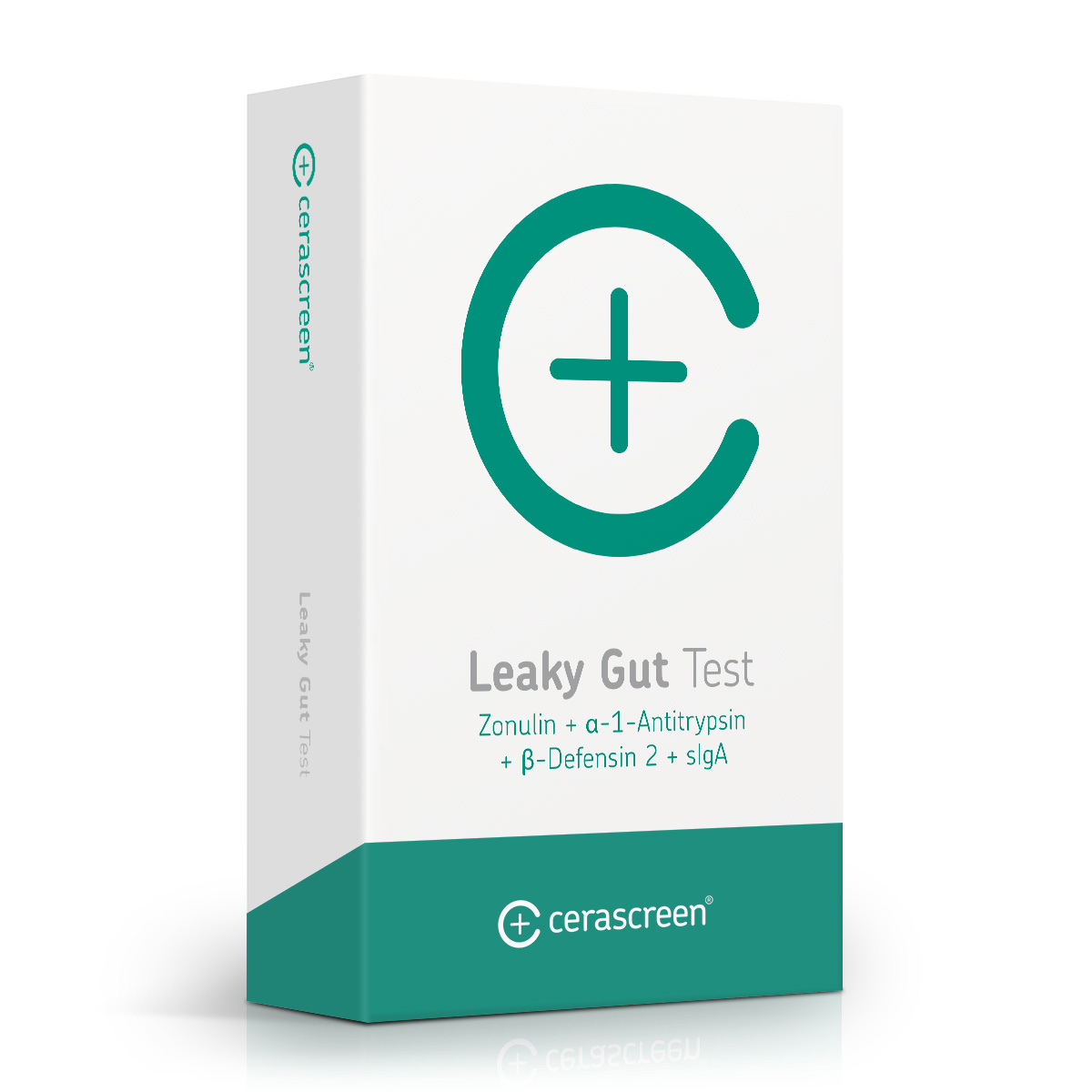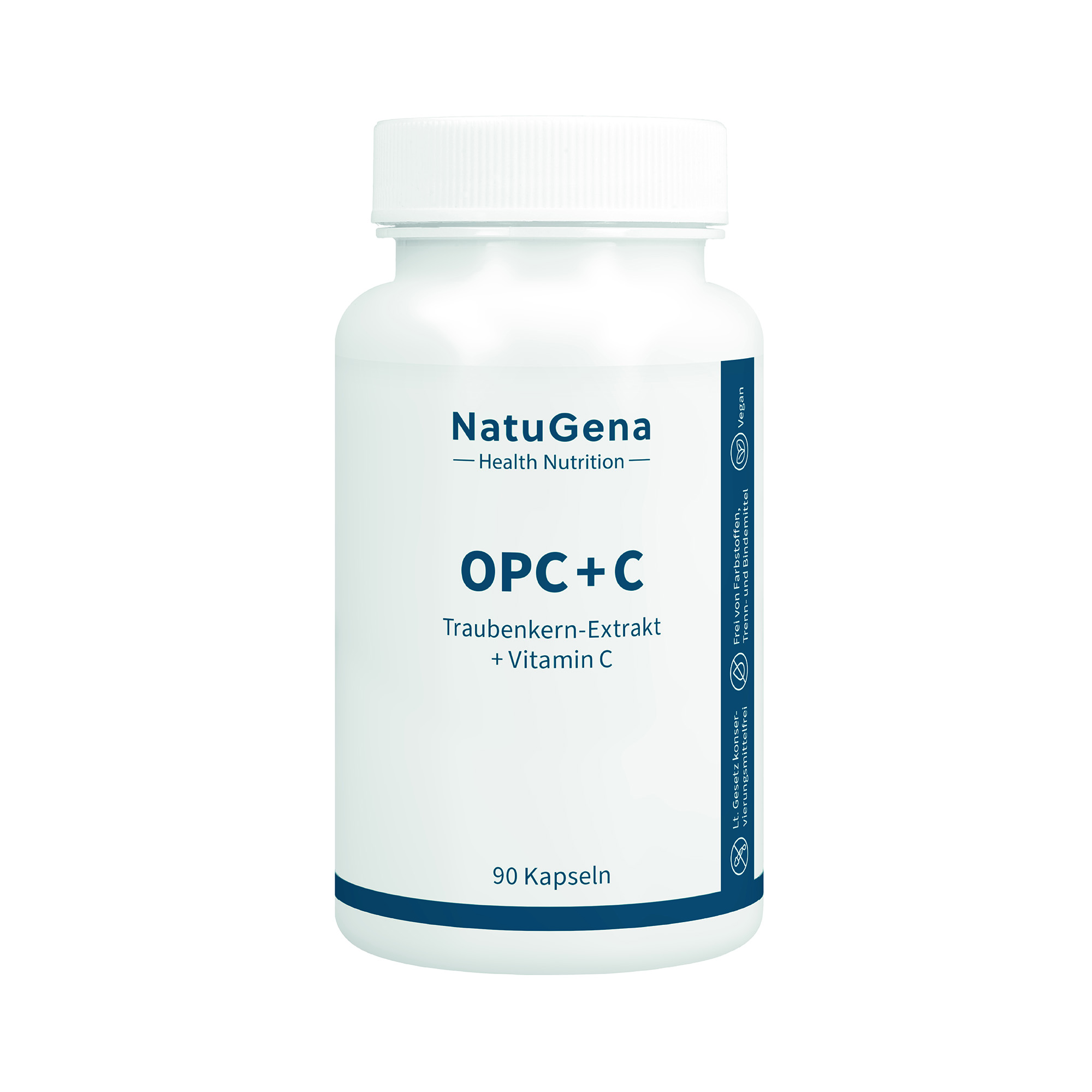MultiVegan contains all potentially critical nutrients in a plant-based diet (with the exception of vitamins D, K2 and A, which are available separately as fat-soluble nutrients due to better bioavailability and dosing).
The vegan diet, especially at different stages of life, poses major challenges for many people, which, especially in families, leads to each family member having their own range of products depending on their age. The risk with such a complicated framework is that important nutrients may be forgotten or incorrectly dosed.
We see the solution to these challenges in this combination product, because depending on the amount of capsules taken, the age-dependent needs and intake recommendations can be served.
Vitamin B12 and folate
Vitamin B12 should definitely be supplemented in a purely plant-based diet, because a sufficient supply through plant-based foods is not possible according to current knowledge. Vitamin B12 and folic acid are among the "cell vitamins". They contribute significantly to the formation of DNA components. In addition, they also fulfil important tasks in all growth processes associated with cell division. The active folic acid (Quatrefolic®) and the bioactive vitamin B12 (methylcobalamin, hydroxycobalamin & adenosylcobalamin) also participate in the metabolism of homocysteine.
When taking 2 or 3 capsules daily, the intake should be spread over 2 different times, as here for sufficient supply the active transport, which is limited in quantity per administration, has been included in the dosage.
Vitamin B2
Vitamin B2 is certainly contained in plant products. However, sufficient intake cannot always be ensured through diet and can only be ruled out through regular blood checks. Vitamin B2 is contained in MultiVegan in the well-bioavailable form riboflavin-5-phosphate.
Choline
Choline belongs to the vitaminoids and thus to those nutrients that are synthesised by the body itself. In the USA, however, choline is already declared as an essential nutrient that must be supplied through the diet. The body can synthesise certain amounts itself. However, these are usually not sufficient to meet the body's needs, which is why a dietary intake is recommended. The vegan diet contains less choline than a mixed diet. Whether it is possible to meet the demand for choline with a purely plant-based diet or whether an additional supply is necessary has not yet been conclusively clarified. Therefore, a safe minimum amount of choline has been added to MultiVegan to prevent possible deficiency symptoms.
Iodine
The iodine supply in Germany continues to decline (BMEL, 9.11.20). According to various recent studies in Germany, vegans are less well supplied with iodine than people with a mixed diet. Therefore, an external supply is sensible and recommended.
Selenium
Generally, the selenium content of plant foods varies greatly depending on the soil quality. The selenium-poor soils in Central Europe make it difficult to obtain a sufficient supply of selenium. In the case of selenium-rich foods such as Brazil nuts, there is not only a wide range of variation in selenium content, but also a recommendation by the Federal Office for Radiation Protection (as of 7.04.2021) to limit the intake to a maximum of 2 Brazil nuts per day or, from the point of view of radiation protection, to improve the selenium status through food supplements even without radiation exposure.
Iron, zinc and vitamin C
Iron and zinc are generally found in sufficient quantities in plant foods. However, their absorption is impeded by secondary plant substances such as phytates, which is why the DGE now makes the intake recommendation for zinc dependent on the phytate content in the diet. Although the intake can be increased by certain preparation methods, many vegans do not reach sufficient levels. That is why these two nutrients are included in combination with vitamin C, which improves bioavailability.
Calcium
According to various study results, vegans consume less calcium than mixed-food eaters. While a mixed-food diet often does not provide sufficient calcium, the intake of calcium from a plant-based diet is in many cases significantly lower. Especially in growth processes, calcium is one of the most important nutrients.
We developed this product together with the author and nutritionist Carmen Hercegfi (www.vegane-familien.de), who specialises in vegan nutrition for families.
